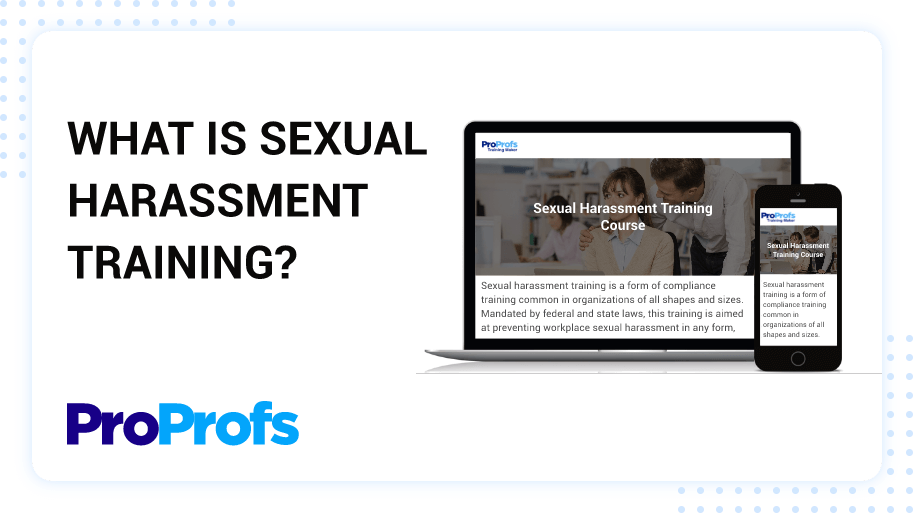All businesses in Chicago must provide sexual harassment prevention training to their employees annually. Additional training should also be provided for supervisors and managers.
Chicago Sexual Harassment Training Course for Employees
- Federal & Illinois sexual harassment training
- Easily administer & manage online training
- Train employees anytime, anywhere
- Customize the course to fit your needs
- Track progress & ensure compliance
- Available in 70+languages. Request Translation




































